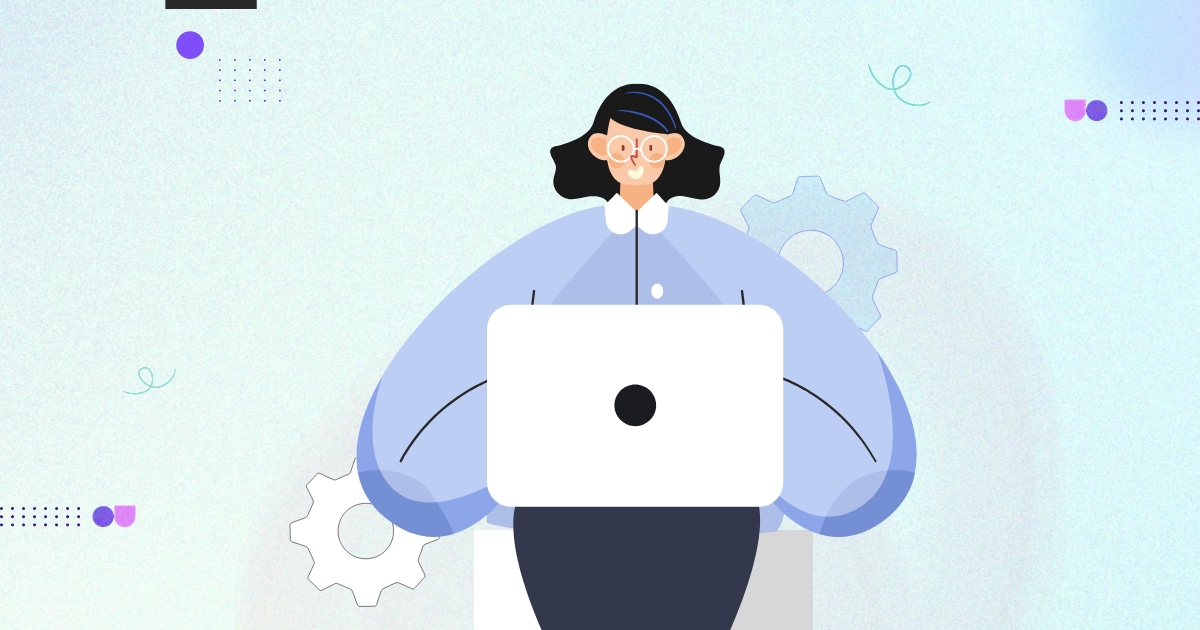Unlocking customer delight is no longer a choice; it’s a need in today’s hyperconnected, consumer-centric world. The success or failure of companies hinges on their ability to hit the mark in the eyes of their customers, and this is all underpinned by a team of employees with excellent customer service skills. No matter your role —a frontline representative to a manager, or business owner — mastering these skills will transform interactions, increase loyalty, and fuel success. The following checklist outlines the customer service skills every professional should cultivate to excel in this critical field.
1. Empathy: The Foundation of Connection
Empathy is seeing and feeling what another person is going through. In customer service, it’s the base of meaningful interactions. People want to feel like they are being heard, not just processed. When a customer complains about a shipment taking too long, a sympathetic response, such as “I can understand how disappointing that must be,” shows that you’re diagnosing a problem and engaging. Listen actively to be able to put yourself in the customer’s shoes. Empathy turns a transactional offering into a human relationship of trust and loyalty.
2. Active Listening: Hearing Beyond the Words
Active listening is one of the non-negotiable customer service skills. You can’t just wait for your turn to speak — you need to listen to what the customer is saying. This includes avoiding interruptions, asking clarifying questions, and paraphrasing to validate understanding. For example, if someone says, “Your app keeps crashing,” you reply, “It sounds like the app is crashing repeatedly—can you tell me when this started?” This shows you are attentive and ensures you tackle the right problem.
3. Communication: Say It Right
As empathetic and attentive as you may be, you can mess it all up with bad communication. Good customer service skills require clear, concise, and professional communication. Unless the other person drops jargon, don’t use it — adapt yourself to them. Clarity overcomes confusion when explaining a refund policy or troubleshooting a tech issue. Practice making complex ideas simple without being condescending—walk the line that respects the customer’s intelligence while ensuring understanding.
4. Patience: Staying Calm Under Pressure
A customer service job often involves frustration, confusion, or even anger. Patience is the prowess that requires you to bear it when it gets hot. A customer could be asking the same question repeatedly or having trouble verbalizing their issue — rushing won’t help. A better approach is to pause, breathe deeply, keep your voice steady, and allow them to vent. Patience isn’t simply waiting; it’s about being respectful enough to endure the customer experience, however difficult.
5. Problem-Solving: Finding Solutions Fast
Customer service, at its core, is just solving problems. Strongproblem-solving skills allow you to assess a situation, find root causes, and suggest appropriate solutions. For example, a customer orders a product but finds it defective. Good agents don’t simply apologize — they check warranty possibilities, offer replacements, or rush shipping. To develop this customer service skill, practice or get customer service training to help you break down the problems into manageable pieces and develop solutions within the boundaries of your company’s policies.
6. Adaptability: Rolling with the Punches
Every customer is unique, and so is their need. Adaptability is the capacity to switch gears, at a moment’s notice, depending on the circumstance—such as when you go from email support to phone support, or how you alter your tone when the client is at their wit’s end. One second, a customer is tech-savvy; the next, they are confused by basic instructions. Adapting ensures each interaction is personalized and effective. Build this skill by embracing variety in your workday and remaining open to feedback.
7. Positive Attitude: Making the Experience Right
Positivity is contagious. Try to frame bad news optimistically — even bad news can feel less painful when framed positively. Instead, say, “While I’m unable to issue a refund, I’m happy to come up with an offer for a discount on your next order.” This customer service tip isn’t about putting on a happy face — it’s about wanting to be helpful. Choose positivity by deciding where to focus — on what can be done versus what can’t.
8. Product Knowledge: Knowing Your Stuff
It’s hard to solve problems or answer questions well if you don’t have deep knowledge of your company’s products or services. This customer service skill establishes trustworthiness and assurance. If a customer wants to know how a feature works, a vague “I’ll check” will not suffice — being able to answer them in the moment saves time and leaves a good impression. Be aware of what’s around you, read the FAQs for the training, and try the products yourself. Knowing enables you to help with authority.
9. Time Management: Efficiency Without Rushing
Therein lies the rub — managing speed in contrast to quality in customer service. You must manage both your time and the customer’s expectations without making them feel like just a number. For instance, dealing with multiple chat sessions means figuring out how to prioritize urgent cases while updating everyone on wait times. To learn this, practice deciding to keep certain tasks and use realistic response targets and templates for frequently asked questions. Efficiency is respect for the customer’s time.
10. Emotional Intelligence: Reading the Room
Many customer service skills fall under emotional intelligence (EQ). Knowing how to identify and process your feelings while decoding the customers’. If someone is calm one moment yet agitated the next, this is where EQ guides you on how to adapt your response so that you de-escalate rather than inflame. This skill is built through reflection on past interactions — what worked and what didn’t? —and keeping mindful of emotional cues such as sighs or hesitations.
11. Persuasion: Guiding Without Pushing
Business customers sometimes need gentle nudges toward one solution or another — an upgraded plan or an interim workaround, whatever. Persuasion is a traditional customer service skill, focused on making decisions in the interest of the customer, not the company. For example, “This premium feature might help you save time given what you’ve described—do you want to try it? Feels helpful, not salesy. Practice stating suggestions as benefits to the customer, and don’t employ hard sells.
12. Resilience: Bouncing Back
Not every interaction is smooth sailing. Resilience is the ability to bounce back from difficult conversations or negative feedback without taking that into your next interaction. A nasty customer doesn’t ruin your day — releasing it does. Take short breaks throughout the day to reset, debrief with a colleague, or reflect on a recent win. Resilience prevents burnout and sustains the quality of your service.
13. Attention to Detail: Catching the Little Details
One loss in communication — a misspelling of an order, for example, or a misheard request — can make a perfectly good experience a bad one. The devil is in the details — and they take time. Confirm how your customers spell their names, fact- check and deliver on promises. If a client gives a deadline, note it carefully and adjust your actions accordingly. Take a moment to double-check the details — accuracy matters as much as speed.
14. Team Cooperation: Sharing the Load
Customer service isn’t a one-person job. Teaming up with teammates —reporting a problem or imparting knowledge—enriches the customer experience. If you can’t solve a billing problem, knowing who can and priming them saves the customer from repeating themselves. Build this customer service skill by trying to get to know your coworkers and communicate across departments.
15. Cultural Sensitivity: Learning to Respect Differences
Customers in a global marketplace come from different backgrounds. Cultural differences — holiday assumptions, professionalism and formality — are part of your company’s cultural sensitivity. Mistakes here can cause unintended offense, so educate yourself on common cultural preferences and remain curious about how your customers perceive you.
Conclusion
Building these customer service skills is not a one-time task but a continuous journey of evolution. Begin to analyze your strengths and weaknesses. Are you an innate empath, yet fail in time management? Are you a great problem solver but a poor listener? Identify just one skill focus, get feedback, and improve daily. Companies that develop these skills don’t just meet customer needs — they cultivate advocates. And given a world where word-of-mouth can make or break a brand, that’s everything.
So, there you have it, the ultimate checklist of customer service skills. This blog lays a roadmap to excellence, whether you’re a newcomer to the field or an experienced customer service professional. Which one will you work on first? Let us know in the comments below. Write to us at info@infoprolearning.com if you want to build excellent customer service skills for your team.





